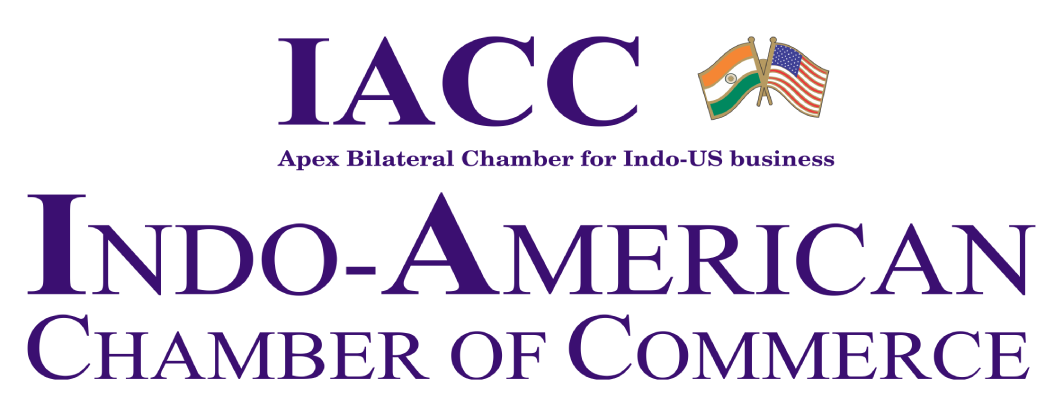[et_pb_section bb_built=”1″ fullwidth=”off” specialty=”off” _builder_version=”3.0.63″ background_image=”https://www.iaccindia.com/wp-content/uploads/2017/07/Elegant_Background-4.jpg” custom_padding=”0px||0px|” parallax_method=”off” background_size=”initial” background_position=”top_center” parallax=”on”][et_pb_row _builder_version=”3.0.63″ background_position_1=”top_left” background_repeat_1=”no-repeat” custom_padding=”||0px|” make_fullwidth=”on” use_custom_gutter=”on” gutter_width=”1″][et_pb_column type=”4_4″][et_pb_text admin_label=”Page Title” _builder_version=”3.0.71″ background_layout=”light” text_orientation=”left” border_style=”solid” module_class=”iacc-pagewidth iacc-header-row”]
About Kerala
[/et_pb_text][et_pb_code admin_label=”Breadcrumbs” _builder_version=”3.0.63″ custom_css_main_element=”background-color: rgba(0,0,0,0.35);||padding: 8px 0;” module_class=”iacc-breadcrumb”]<div class="iacc-pagewidth">Home > </div>[/et_pb_code][/et_pb_column][/et_pb_row][/et_pb_section][et_pb_section bb_built=”1″ fullwidth=”off” specialty=”on” _builder_version=”3.0.63″ background_position_1=”top_left” background_repeat_1=”no-repeat” background_position_2=”top_left” background_repeat_2=”no-repeat” use_custom_gutter=”on” gutter_width=”2″ background_color=”#f2f2f2″ padding_top_1=”0px” padding_top_2=”0px” module_class=”iacc_last_section”][et_pb_column type=”3_4″ specialty_columns=”3″][et_pb_row_inner _builder_version=”3.0.63″ background_position_1=”top_left” background_repeat_1=”no-repeat” custom_padding=”0px|||”][et_pb_column_inner type=”4_4″ saved_specialty_column_type=”3_4″][et_pb_text _builder_version=”3.0.71″ background_layout=”light” text_orientation=”left” border_style=”solid”]
Kerala is a small state tucked away in the southwest corner of India. It represents only 1.18 per cent of the total area of India but 3.43 percent of the population of the country.
Area: 38,863 sq km
Population: 31.8 million.
Languages: Malayalam, Hindi, English
Capital: Thiruvananthapuram (Trivandrum)
Literacy Rate (2001): 90.92%
About Kerala Crops: Kerala is a major producer of coconut, rubber, pepper, cardamom, ginger, cocoa, cashew, coffee, and tea. Tree spices like nutmeg, cinnamon, cloves etc., are also cultivated. Rice and tapioca are important food crops.
About Kerala Industries: Coir products, marine products, handloom industry, Khadi and village industry which produce Khadi, fiber, pottery, lime, paper, matches, cane and bamboo.
About Kerala Tourism: Tourism is a very important industry in Kerala. Every year significant numbers of tourists travel to Kerala, to see its beautiful, beaches, backwaters, hills, wildlife and cultural attractions. Tourism provides employment for a large number of local people and sustainable tourism practices ensures that Kerala’s natural beauty will be conserved for future generations.
About Kerala Airports: Thiruvananthapuram International Airport, Nedumpassery International Airport (Kochi) and Karipur Airport (Kozhikode) provide entry points for tourists, who wish to travel to Kerala, India.
About Kerala Festivals: Thrissur Pooram, Onam, Pongal, Jagannatha Festival, Oachira Kettukazcha.
About Kerala Legends: According to a legend the state of Kerala came up from beneath the sea, when the warrior sage Parashurama threw his axe here. The scriptures say that, Parashurama appealed to the gods to atone him from his previous sins, and he received two boons, from Varuna, the God of the Oceans and Bhumidevi, the Goddess of earth. He proceeded to Kanyakumari, and threw his axe northwards, and the land that rose from the sea where the axe fell was called the land of Parashurama. Another theory suggests that the enormous amount of silt that the rivers of Kerala deposit from the hills to the sea is washed up to the shore.
Modern Keralawas created in 1956 when all the states were reorganized along linguistic lines. It became the first state in the world to democratically elect a Marxist government in 1957.
Agriculture contributes most to the state’s income in the primary sector. Kerala’s major sources of exports are agro-based like coir and cashew as well as marine products and manpower. In spices, pepper is the single most important product, with Kerala being the largest producer and exporter of black pepper. Cardamom and ginger are also exported.
About Kerala Art, Culture and Festivals
Kathakaliis a classical dance form of Kerala characterized by elaborate costume and ritual performances of stories from the epics.
Kalaripayattuis the traditional martial art form of Kerala.
Pooramis the great elephant pageant typical of certain temples in Kerala. Bejewelled tuskers numbering ten to hundred, line up for this exotic spectacle with mahouts sitting atop them. The temple festival is now a popular tourist attraction and many elephant lovers travel to Kerala, India, to see this magnificent sight.
Theyyamis an ancient dance form of Kerala, characterized by its colorful costume and trance like performances, performed only by men.
Mohiniattamor the “dance of the celestial enchantress” is the classical dance form of Kerala, performed by women. It is characterized by graceful movements and facial expressions.
Onamis an important festival in Kerala. Malayalis welcome the mythical King Mahabali with floral decorations and an annual feast on this day. The Onam festival has become a popular attraction and many tourists travel to Kerala, India, during Onam to see the state at its festive best.
The Nehru Trophy Boat Race is held in a backwater off the canal town of Alleppey on the second Saturday of August. Snake boats, rowed by teams of rowers, vie with each other to win the annual prize. This event has become a popular attraction and many tourists travel to Kerala, India, to see the swift snake boats of Alleppey race against each other.
[/et_pb_text][/et_pb_column_inner][/et_pb_row_inner][/et_pb_column][et_pb_column type=”1_4″][et_pb_sidebar _builder_version=”3.0.63″ area=”sidebar-main” orientation=”right” background_layout=”light” remove_border=”on” /][/et_pb_column][/et_pb_section]
